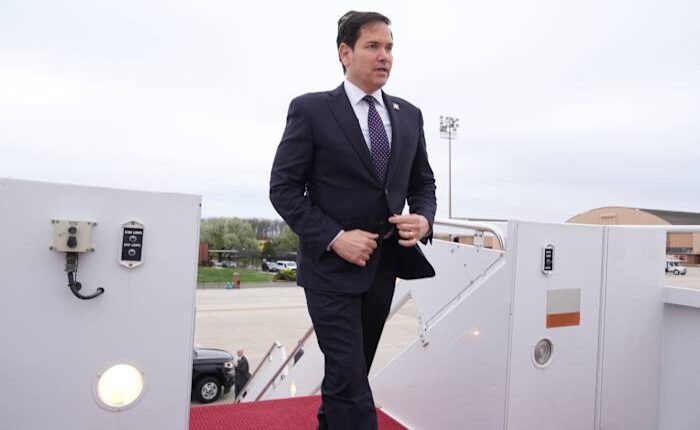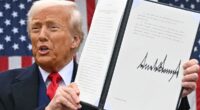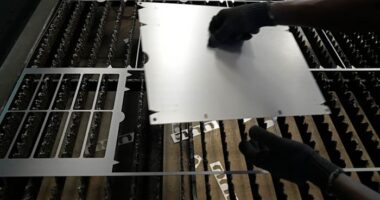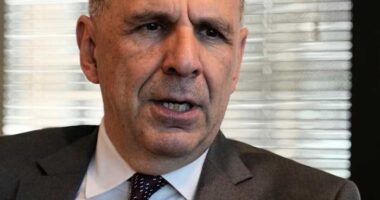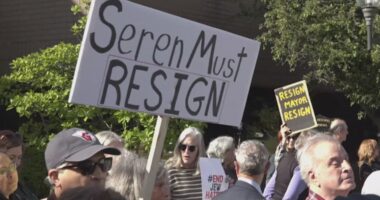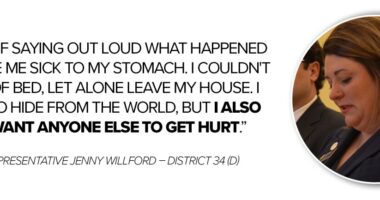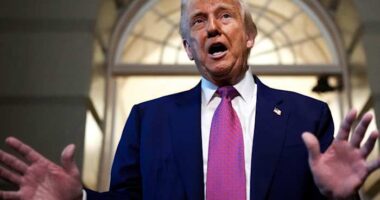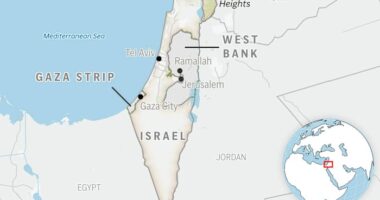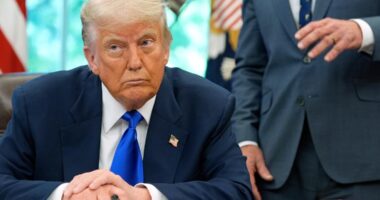
BRUSSELS – Marco Rubio, the U.S. Secretary of State, and the new envoy to NATO appointed by the Trump administration, arrived in Brussels on Thursday. The top diplomats of the alliance are anticipating insights into U.S. security strategies in Europe from their visit.
European allies and Canada are expressing deep concerns over President Donald Trump’s willingness to cozy up to Russian President Vladimir Putin, who perceives NATO as a threat, particularly as the U.S. endeavors to facilitate a ceasefire in Ukraine.
Recent statements from the White House and disparaging remarks aimed at NATO allies Canada and Denmark, along with the military alliance itself, have sparked anxiety and bewilderment. This unease is compounded by the imposition of new U.S. tariffs on both friends and adversaries.
Since Defense Secretary Pete Hegseth warned last month that U.S. security priorities lie elsewhere — in Asia and on the U.S.’s own borders — the Europeans have waited to learn how big a military drawdown in Europe could be and how fast it may happen.
In Europe and Canada, governments are working on “burden shifting” plans to take over more of the load, while trying to ensure that no security vacuum is created if U.S. troops and equipment are withdrawn from the continent.
These allies are keen to hear from Rubio what the Trump administration’s intentions are and hope to secure some kind of roadmap that lays out what will happen next and when, so they can synchronize planning and use European forces to plug any gaps.
In a statement, newly confirmed U.S. ambassador to NATO Matt Whitaker said that “under President Trump’s leadership, NATO will be stronger and more effective than ever before, and I believe that a robust NATO can continue to serve as a bedrock of peace and prosperity.”
But he added: “NATO’s vitality rests on every ally doing their fair share.”
Whitaker affirmed the U.S. commitment to NATO’s collective security guarantee, which says that an attack on any ally must be considered an attack on them all, but that his brief would also be to encourage Europe to lead on “peace, security, and the rebuilding of Ukraine.”
The statement said allies should demonstrate that NATO takes seriously threats from China.
Copyright 2025 The Associated Press. All rights reserved. This material may not be published, broadcast, rewritten or redistributed without permission.
